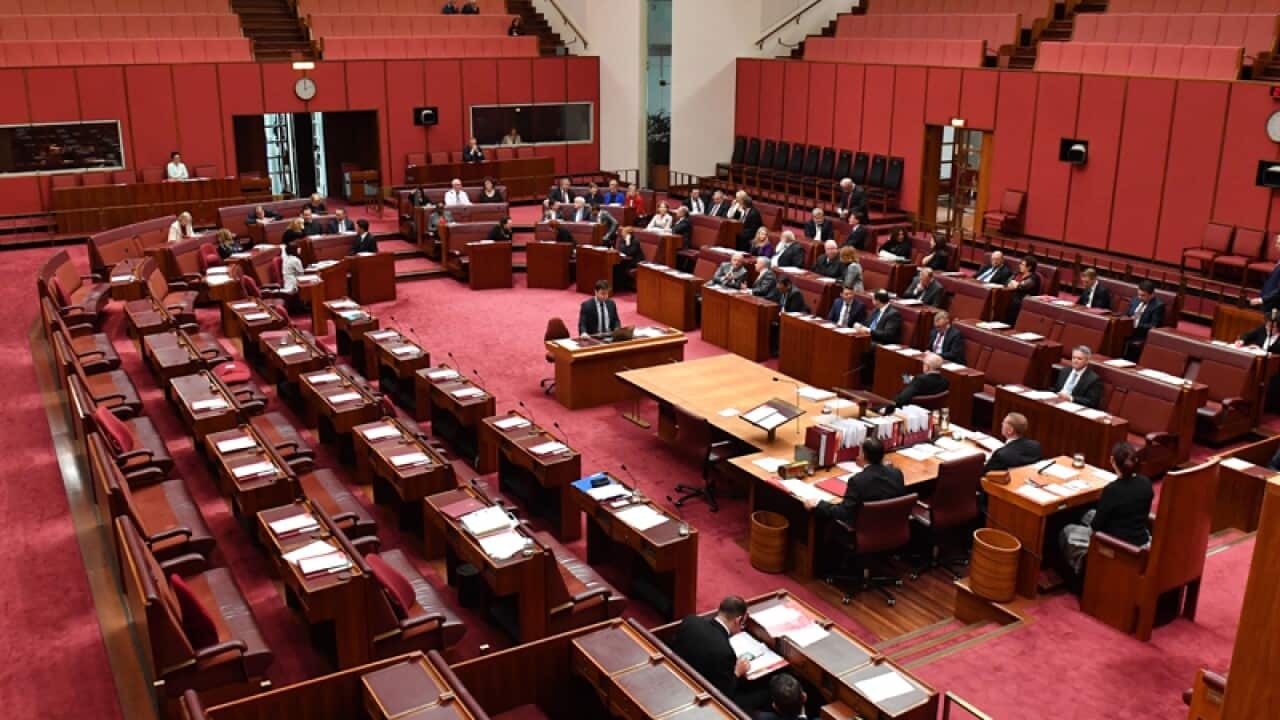A parliamentary committee will call witnesses from tech companies like Google, Facebook and Twitter in a new investigation to determine whether algorithms, fake news and bot accounts played a role in the 2016 federal election.
The cross-party Committee on Electoral Matters will expand its routine inquiry into the last federal election to question the role of social media manipulation.
Liberal senator Linda Reynolds said the committee, which she chairs, did not have any “direct evidence” of manipulation.
But she said the group had been closely monitoring the Mueller inquiry in the United States, which is investigating allegations that Russia used cyber capabilities to influence the US presidential election.
“It wasn’t apparent at the time that it was occurring, so they’re now going back and having a look – so that’s what we’re doing too,” Senator Reynolds told ABC Radio.
She said the inquiry was launched out of an “abundance of caution, to see if there’s anything that’s been missed”.
“What we’re focusing on here is how artificial intelligence is used to analyse the data that we freely provide on social media platforms and communication platforms, and how that is then used to target people in terms of election messaging and election news.”
The WA senator confirmed law enforcement agencies, civil society groups and tech companies would all be called on to present evidence.
The committee would also re-examine submissions to the recent parliamentary inquiry on foreign interference.
It will seek to determine the “likely sources of deliberately false news online during elections”.
Senator Reynolds said she would personally like to see Australians given new tools to help them understand how data from social media could be used to build “psychological profiles”.
She used the example of Facebook users being able to opt-in to a “wider” or more diversified feed of news and opinions, to prevent the ‘bubble’ or ‘echo-camber’ phenomenon where users are exclusively exposed to content they already agree with.
Parliamentary inquiries run over many months. The committee will soon ask for submissions via its website, and will eventually hold public hearings with key witnesses before making a final report.
A previous damning auditor general's report found the Australian Electoral Commission misled the public about the security of its digital voting systems during the 2016 election.
It also found election scrutineers were overwhelmed by the task of monitoring new vote-counting machines, which counted Senate preferences. Scrutineers from across the political spectrum told SBS News the process was “ridiculous”.
Share



